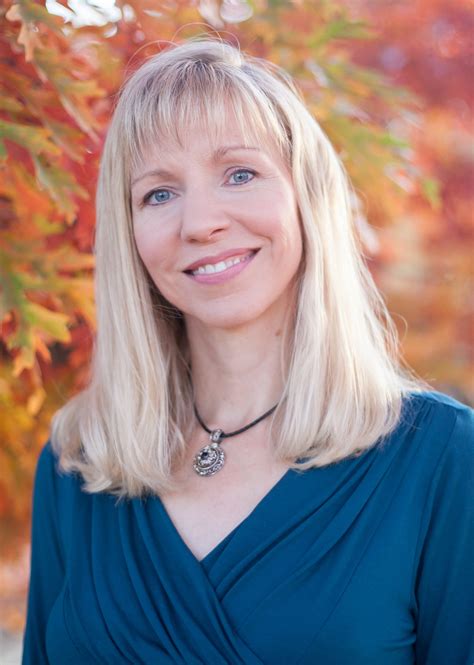A Quote by Pattiann Rogers
Often I'm struck by something that I read; then I go and research it a little more, especially if I begin a poem, and I find out that I need to know more. Then I usually get intrigued and excited about whatever it is I'm writing about.
Related Quotes
The basic thing is to be humble, and pretend you're a bartender in the tavern of life. Don't get too comfortable and don't really listen to anybody else. Don't stand around with a bunch of writers and talk about writing. You know when you see plumbers at a plumbers convention, usually they're not talking about plumbing: they're talking about whatever it is that two men happen to talk about. They're talking about sports, their wives and children. I just tell my students, don't talk about writing too much, just go out and do it. Find out whatever you need to get to the mainland.
For me writing is a long, hard, painful process, but it is addictive, a pleasure that I seek out actively. My advice to young writers is this: Read a lot. Read to find out what past writers have done. Then write about what you know. Write about your school, your class, about your teachers, your family. That's what I did. Each writer must find his or her own kind of voice. Finally, you have to keep on writing.
But most of us who aren't models aren't models, right? And so, you just have to get used to that and sort of read right past it. So. On the sex symbol piece, I don't get that piece. On the personality piece, that people are excited to meet a leader from Mozilla - maybe there's more about meeting me personally than I give credit for, but I find that people are excited about what Mozilla is, more than 'Oh my god, there's Mitchell, look, her hair,' whatever.
Milton on speed. I am going to need about a decade to think about that. That delay in syntax, the putting off of the click of the sentence into itself, is something that has always intrigued me. I love the emotional effect of it, and never want it to be merely a gesture. Sometimes I try it and it doesn't work, so I have to put the poem aside, and try again, more simply and more strange.
I think all writing is about writing. All writing is a way of going out and exploring the world, of examining the way we live, and therefore any words you put down on the page about life will, at some level, also be words about words. It's still amazing, though, how many poems can be read as being analogous to the act of writing a poem. "Go to hell, go into detail, go for the throat" is certainly about writing, but it's also hopefully about a way of living.
I'm very physical. When I'm writing, I'm playing all the parts; I'm saying the lines out loud, and if I get excited about something - which doesn't happen very often when I'm writing, but it's the greatest feeling when it does - I'll be out of the chair and walking around, and if I'm at home, I'll find myself two blocks from my house.
When I'm writing a script, I don't worry about plot as much as I do about people. I get to know the main characters - what they need, what they want, what they should do. That's what gets the story going. You can't just have action, you've got to find out what the characters want. And then they must grow, they must go somewhere.
I start out to write five days a week, and then it runs to six days and finally seven. Then, eventually, that wave of weariness overwhelms me and I don't know what's the matter. That is, I know but I won't admit it. I'm just tired from writing. As you get older, writing becomes harder. By that I mean you see so many more potentialities. Things like transition used to trouble me. But not any more. When I say it's harder, I'm not talking about facility. You learn all the so-called tricks, but then you don't want to use them.







































